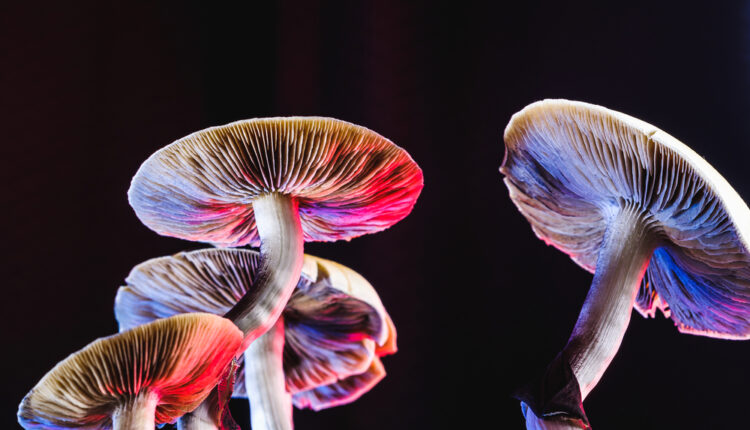
5 Scientifically Proven Truisms About The Pharmacological Effects Of Psilocybin
In the realm of contemporary science and healthcare, there exists an increasingly fervent excitement centered around an unassuming fungus that has captivated the imagination of researchers, clinicians, and the curious alike. Psilocybin, the mystical compound found in magic mushrooms, has emerged from the research periphery and stigma to take center stage in the world of medicine and scientific exploration.
Last week’s Phase 2 readout by Cybin Inc. (deuterated psilocybin compound CYB003) was the latest such example of the tremendous critical mass of positive research is accumulating. But it surely won’t be the last. With dozens on clinical and pre-clinical efficacious studies in the books, psilocybin is accruing increasing confidence that it could be a frontline treatment for depression (and, possibly, off-label for co-morbid conditions) in the not-too-distant future.
With a resurgence of interest in the therapeutic potential of psilocybin on the upswing, a profound and potentially transformative journey into the realm of psilocybin medicine and research beckons. Far from being a standard Selective Serotonin Reuptake Inhibitor (SSRI) that simply masks depressive symptoms, psilocybin offers hope of transformative mental breakthroughs an lasting change. A journey brimming with promise, insights, and the potential to reshape our understanding of mental health, consciousness, and the very nature of human experience.
Below, a brief synopsis of five proven effects of psilocybin in clinical research:
—A Temporary Odyssey: The Prolonged Effects of Psilocybin
The magic of psilocybin unfolds rapidly when ingested, with peak effects manifesting around 60 to 90 minutes after consumption and persisting for a duration of four to eight hours. After a full 24 hours, psilocybin completely exits the body.
—Bridging the Mind: Psilocybin’s Interaction with Serotonin Receptors
Psilocybin’s unique mechanism of action involves binding to specific serotonin receptors. Neuroimaging reveals that, post-consumption, brain regions that typically do not communicate with each other initiate novel interactions. These transformative changes hold promise in the treatment of individuals grappling with psychiatric disorders and mental health conditions.
—Breaking Free from the Mind’s Circuit: The Liberating Potential of Psilocybin
Individuals afflicted with psychiatric disorders frequently find their minds ensnared in repetitive cycles from which they struggle to break free. Psychedelics, according to the research, can disrupt this cycle and offer newfound liberation.
—Dissolving the Ego: Impact on Self-Perception
Research indicates that psilocybin diminishes activity in a region of the brain responsible for constructing one’s sense of self. This can lead some individuals to feel more interconnected with the people and the world around them, according to the research.
—Alleviating the Burden: Psilocybin’s Potential for Easing Anxiety and Depression
Studies propose that individuals suffering from anxiety or depression exhibit overactive or underactive default mode networks, creating detrimental feedback loops that perpetuate worry and unhealthy thoughts. The compound can work to suppress the area of the brain responsible for such activity, and ‘rewire’ new connections that can attenuate ruminating thoughts and negative thought patterns.



